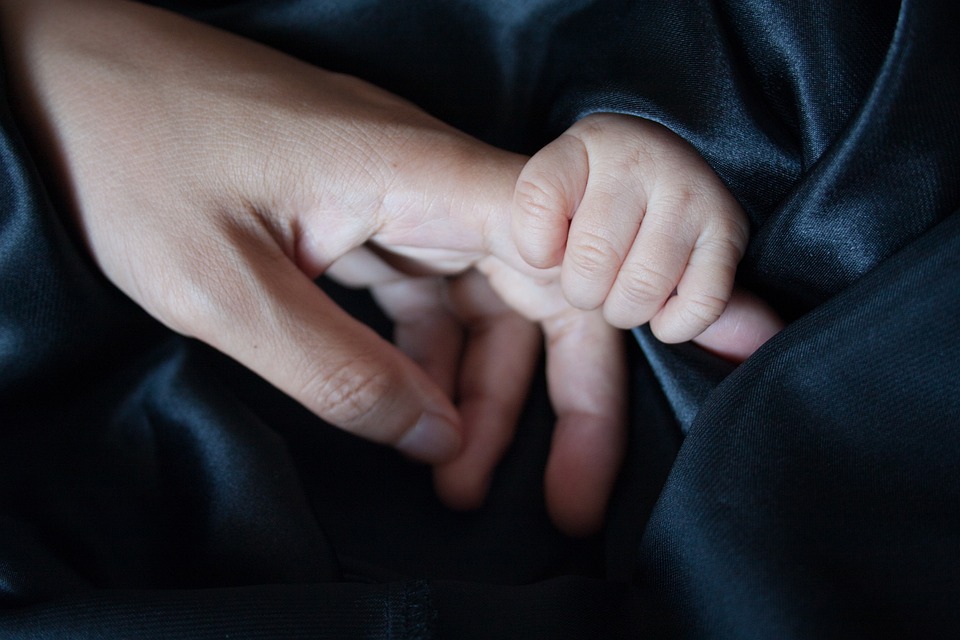Parenting is a complex and challenging journey that requires constant decision-making. From choosing the right school for your child to deciding on discipline strategies, parents are faced with a myriad of choices on a daily basis.
But what role does self-awareness play in the decision-making process when it comes to parenting?
Self-awareness is the ability to recognize and understand one's own thoughts, feelings, and behaviors. It involves being in tune with your own emotions, motivations, and values. When it comes to parenting, self-awareness is crucial in making informed and thoughtful decisions that are in the best interest of your child.
One way in which self-awareness impacts decision-making in parenting is by helping parents identify their own biases and beliefs. We all come into parenting with our own set of values and experiences that shape how we view the world.
Being self-aware allows parents to recognize when their decisions are being influenced by these biases and to consider alternative perspectives. For example, a parent who was raised in a strict household may have a tendency to be overly authoritarian with their own children.
By being self-aware, they can recognize this tendency and make a conscious effort to adjust their parenting style to be more balanced and responsive to their child's needs. Self-awareness also plays a role in managing emotions and stress, which are common triggers for impulsive decision-making. When parents are able to recognize when they are feeling overwhelmed or frustrated, they can take a step back, calm themselves down, and make decisions from a place of clarity and rationality.
Furthermore, self-awareness can help parents understand how their own emotions and behaviors impact their children. Children are highly attuned to their parents' emotions and can pick up on subtle cues. By being self-aware, parents can model healthy emotional regulation and communication skills for their children, which can have a positive impact on their development. In addition, self-awareness can help parents cultivate empathy and understanding towards their children.
By being in tune with their own emotions, parents are better able to empathize with their children's feelings and perspectives. This can lead to more compassionate and effective decision-making that takes into account the needs and feelings of all family members. Overall, self-awareness is a powerful tool that can enhance decision-making in parenting.
By being in tune with their own thoughts, feelings, and behaviors, parents can make more informed, thoughtful, and empathetic decisions that support their children's growth and well-being. So, the next time you find yourself faced with a parenting decision, take a moment to reflect on your own self-awareness and how it can guide you towards making the best choice for your family.
But what role does self-awareness play in the decision-making process when it comes to parenting?
Self-awareness is the ability to recognize and understand one's own thoughts, feelings, and behaviors. It involves being in tune with your own emotions, motivations, and values. When it comes to parenting, self-awareness is crucial in making informed and thoughtful decisions that are in the best interest of your child.
One way in which self-awareness impacts decision-making in parenting is by helping parents identify their own biases and beliefs. We all come into parenting with our own set of values and experiences that shape how we view the world.
Being self-aware allows parents to recognize when their decisions are being influenced by these biases and to consider alternative perspectives. For example, a parent who was raised in a strict household may have a tendency to be overly authoritarian with their own children.
By being self-aware, they can recognize this tendency and make a conscious effort to adjust their parenting style to be more balanced and responsive to their child's needs. Self-awareness also plays a role in managing emotions and stress, which are common triggers for impulsive decision-making. When parents are able to recognize when they are feeling overwhelmed or frustrated, they can take a step back, calm themselves down, and make decisions from a place of clarity and rationality.
Furthermore, self-awareness can help parents understand how their own emotions and behaviors impact their children. Children are highly attuned to their parents' emotions and can pick up on subtle cues. By being self-aware, parents can model healthy emotional regulation and communication skills for their children, which can have a positive impact on their development. In addition, self-awareness can help parents cultivate empathy and understanding towards their children.
By being in tune with their own emotions, parents are better able to empathize with their children's feelings and perspectives. This can lead to more compassionate and effective decision-making that takes into account the needs and feelings of all family members. Overall, self-awareness is a powerful tool that can enhance decision-making in parenting.
By being in tune with their own thoughts, feelings, and behaviors, parents can make more informed, thoughtful, and empathetic decisions that support their children's growth and well-being. So, the next time you find yourself faced with a parenting decision, take a moment to reflect on your own self-awareness and how it can guide you towards making the best choice for your family.



